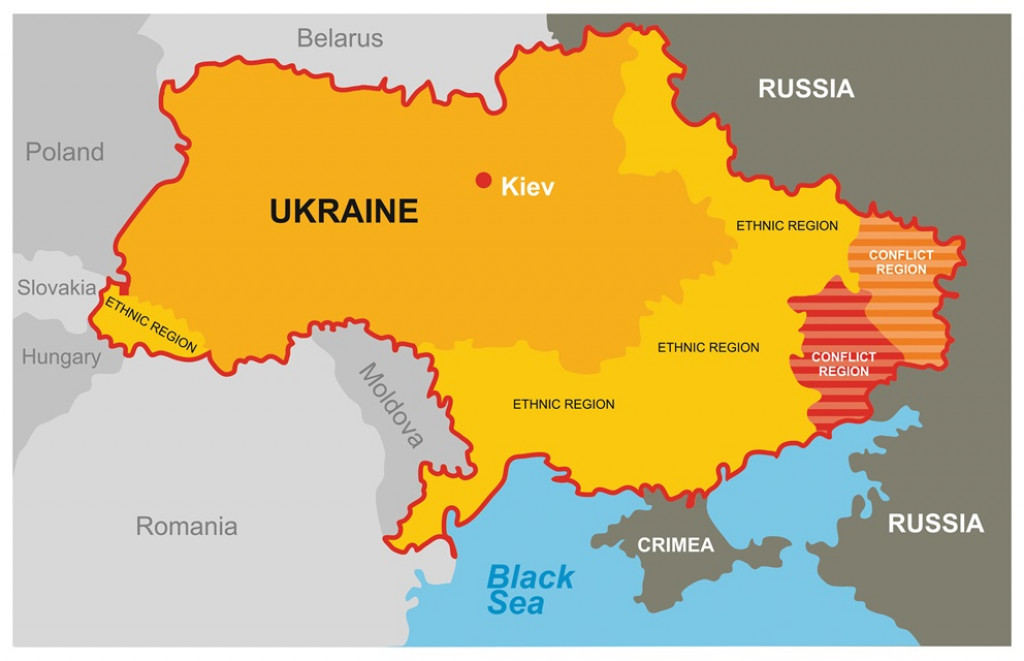Several countries, notably the Balkan states, have applied for EU membership over the past twenty or so years. Moreover, the war in Ukraine has expedited the political decision to begin negotiations with Ukraine. To this end, the European Commission has asked the European Economic and Social Committee (EESC), a consulting body that represents civil society, to draft and disseminate an ‘exploratory opinion’ on the main issues raised by this potential expansion in the agricultural and agri-food sectors.
The situation of the candidate states
Ukraine is the ‘heavyweight’ among the candidate states by a considerable margin. The amount of land dedicated to agriculture there is equal to that of Germany and Poland combined, and it has become one of the world’s leading exporters of cereal grains and oilseeds. The blocking of its exports via the Black Sea has led to major disruptions in the markets of some EU member states.
The other candidate states are modest in size, and their agricultural sectors are not very developed and are unprofitable.
On 11 July 2024, the EESC voted on the opinion during a plenary session. The opinion includes the following key points:
- The candidate countries must be well prepared. They must adopt and implement European legislation and values before becoming member states;
- The attention of authorities must be focused on family-run farms and small enterprises in the EU and candidate states, as they may suffer negative consequences as a result of the expansion;
- Reliable, accurate and detailed data about the agricultural and agri-food sectors in the candidate states must be made available;
- The CAP must be reformed prior to expansion, and the candidate states must be prepared to adopt its values and objectives. A sufficient budget must be allocated to it, and it must focus on the social and environmental contributions of the agricultural sector. Aid must be capped;
- Candidate states must be integrated gradually;
- Every part of the EU must have optimal food security, and a local economy must be developed.
Philippe Burny, Expert to the Rapporteur of the Study Group of the European Economic and Social Committee that prepared the ‘Enlargement and the EU agri-food sector’ opinion


